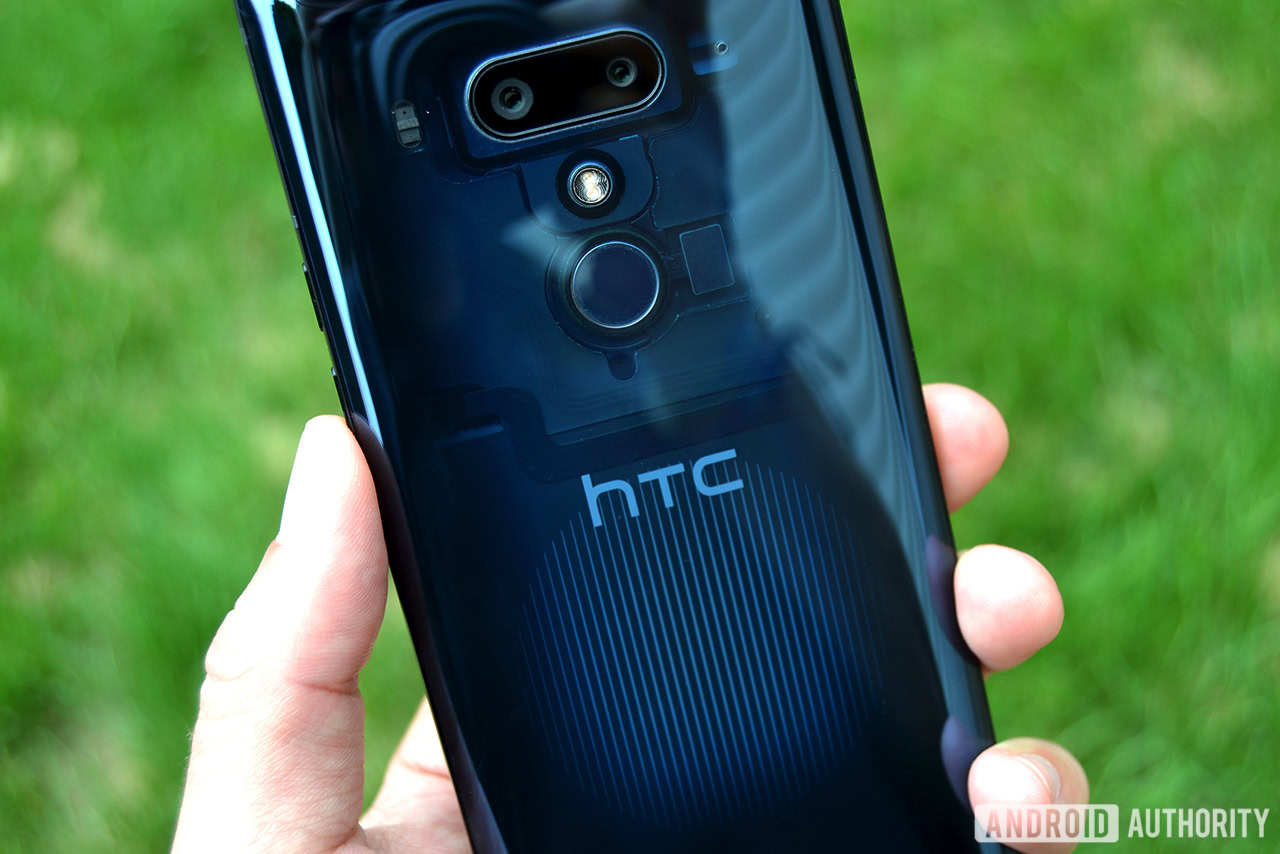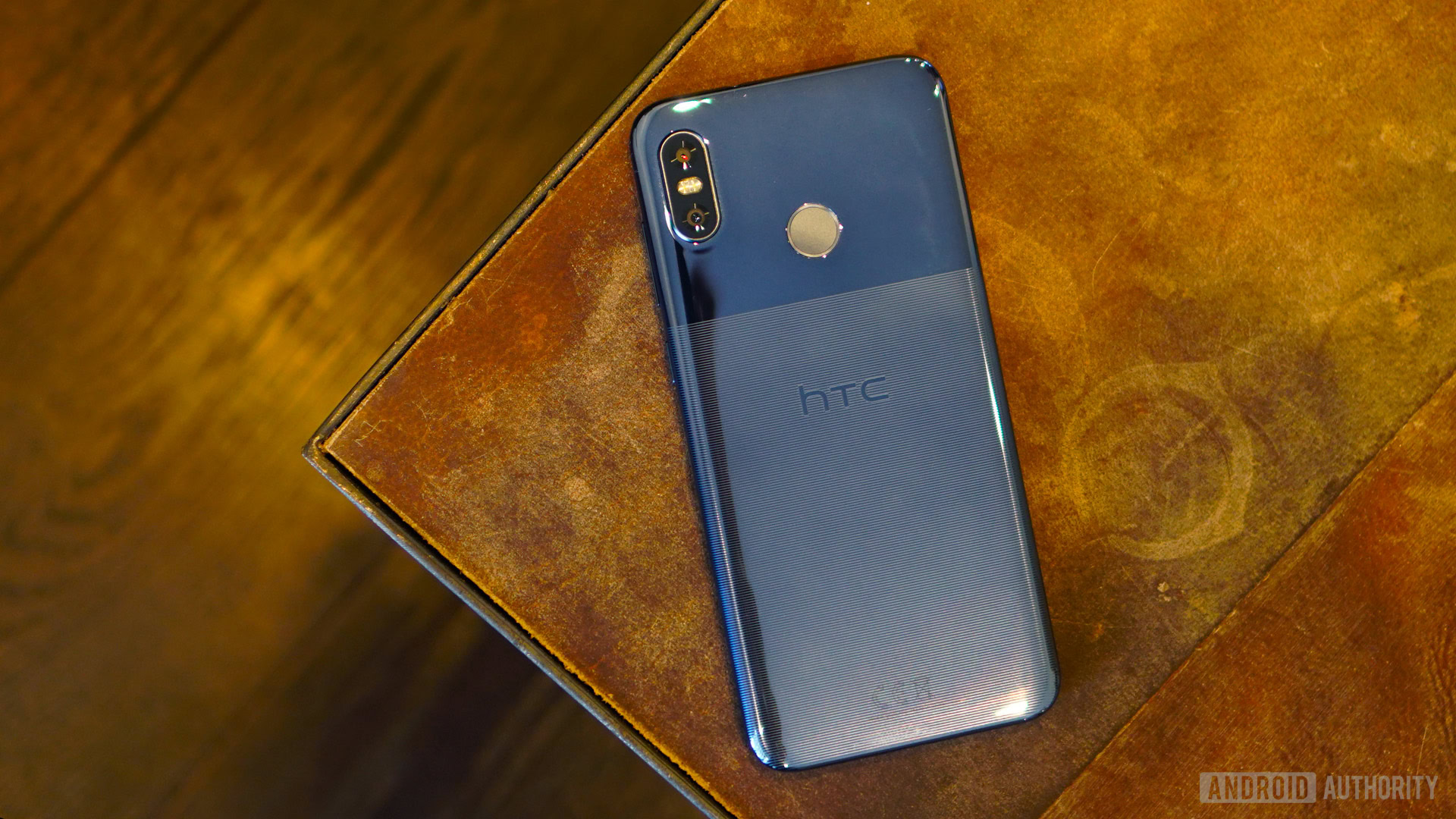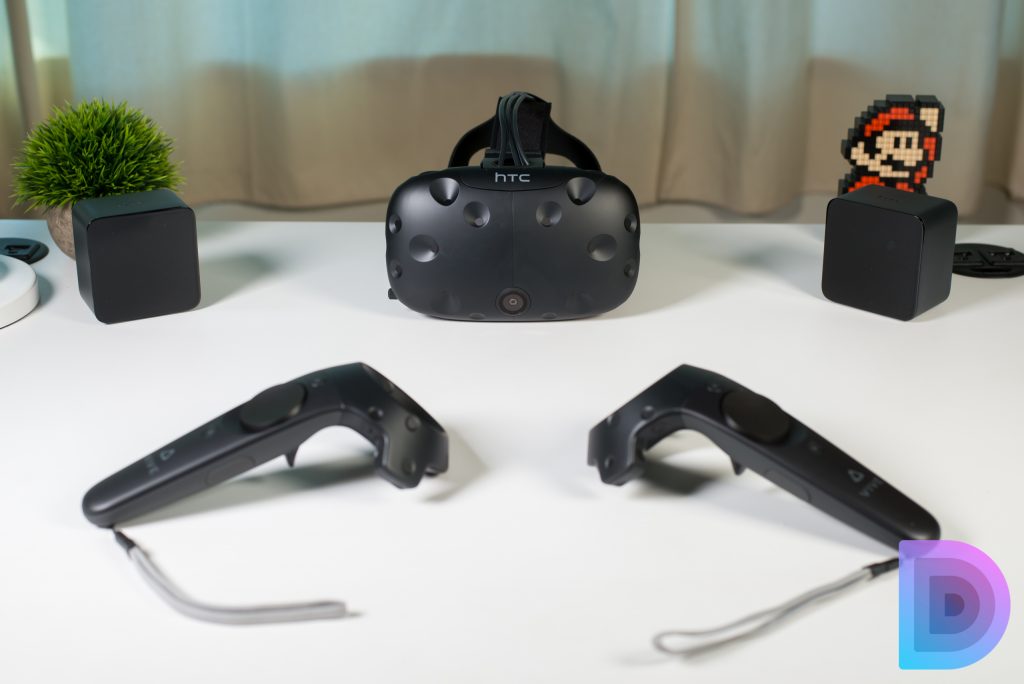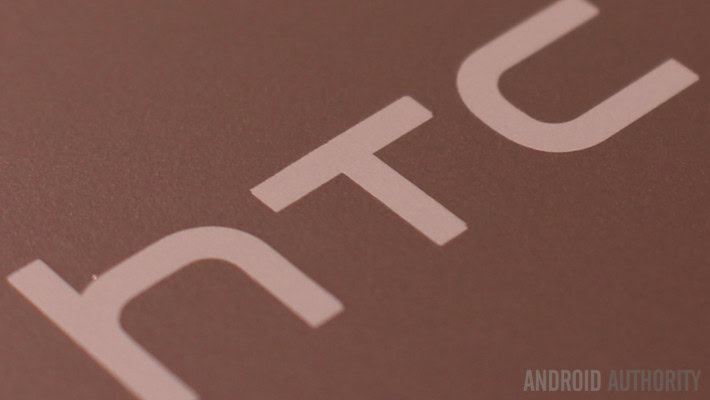Affiliate links on Android Authority may earn us a commission. Learn more.
HTC in 2019: Last chance saloon

Remember those awful Robert Downey Jr.-starring ads HTCspent millions on that joked HTCwas an acronym for ‘hilariously’ random phrases like “Hipster Troll Car wash?”
I know, I tried to forget too.
After yet another rough year of layoffs, free-falling sales numbers, and a further drift into obscurity in the smartphone market, HTCin 2018 could quite easily have stood for “Hard Times Continued.”
2018 marked the tenth anniversary of the first ever Android smartphone — the HTC Dream/T-Mobile G1 — but unfortunately for HTC, there was very little else worth celebrating.
Let’s review HTC’s 2018 and look ahead to see we can expect from the fallen Android giant in 2019.
Another 12 months of turmoil
Rewind back to the start of 2018 and HTCfound itself in a bit of a transitional phase. Fresh off an atrocious 12 months where revenues plummeted to a 13-year low, the firm received a much-needed injection of cash after selling its “Powered by HTC” R&D division to Google for $1.1 billion.
Despite the reduced workforce and talent pool, Google’s money meant HTChad the time and funds to design and develop new phones to try to turn its fortunes around. Unfortunately, fortune wasn’t ready to turn in HTC’s favor.
A fresh round of layoffs hit the company’s North American wing in February as part of a restructuring plan to bring together the smartphone and VR teams. This was followed by a much wider cull in July when 1,500 employees were cut at HTC’s HQ in Taiwan.
Read more: Here are the best HTC phones you can buy right now
The latter represented a whopping 22 percent of the company’s global workforce and was justified by HTCas being an essential move to ensure “more effective and flexible resource management going forward.”
Some of HTC’s most high profile figureheads also abandoned their stations. Smartphone president Chialin Chang departed in February after a six year tenure, while Mo Versi — a.k.a. the HTCupdates guy — exited in March.
The overall picture gets even bleaker when you delve into HTC’s 2018 financials.
HTC’s final revenue figures for 2018 will make for dire reading.
HTC registered its lowest revenue total in 13 years at NTD 62.12 billion ($2.1 billion) in 2017. As of Q3 2018, the company’s overall revenue for the year sat at a paltry NTD 19.6 billion (~$636 million).
Save for an incredibly unlikely miraculous turnaround in Q4, HTC’s final revenue figures for 2018 will make for some dire reading when they are eventually released to investors and the public in the coming weeks.
Amidst all of the speculation surrounding HTC’s uncertain future, rumors that the brand was considering pulling of out India completely, and getting slapped by U.K. advertising standards over a “misleading” ad, the phones that HTCactually released in 2018 more or less got lost in the wider discourse.
On the flagship front, HTCeschewed recent tradition and released the HTC U12 Plus — a follow-up to the U11 series that didn’t enjoy a non-Plus version, instead adopting the moniker due to its large size and top-tier specs.
Yet despite its all-round impressive performance and gorgeous Liquid Surface design, the HTCU12 Plus was a hard phone for many to recommend.
In our HTC U12 Plus review, Jimmy Westenberg bemoaned HTC’s neglected software suite, its innovative-yet-awkward pressure sensitive buttons, the higher price tag compared to the U11, and the lack of any tangible reason to recommend the phone over rival devices from Samsung, Google, or even LG.

The U12 series was later bolstered by the arrival of the U12 Life — a capable mid-ranger with a severe identity crisis that seemed to echo its creator’s own lack of direction.
Aside from three entries in the affordable Desire 12 series, HTC’s only other notable contribution to the Android market in 2018 was the company’s first blockchain phone, the HTC Exodus 1, which went up for pre-order exclusively in bitcoin or ethereum tokens in late October.
With the value of major cryptocurrencies dropping throughout the year, it’s hard to imagine that HTC’s ultra-niche blockchain phone will have delivered the kind of sales numbers the company desperately needs.
New horizons

Without that $1.1 billion windfall from Google, there’s every chance HTC’s smartphone division (and perhaps even the company as a whole) wouldn’t have made it to 2019.
HTC said it would invest in virtual reality and Internet of Things technologies at the time of the big-money sale. The latter has yet to really materialize, but HTC’s support of the Vive brand remains resolute.
HTC went on the offensive singling out critics of forecasts showing evidence of the VR market shrinking in a bullish blog post in mid-2018. It also talked up demand for the wireless Vive Pro headset and high interest in China for the enterprise-focused, standalone Vive Focus, which launched worldwide in November.
One encouraging development for HTC’s wider ambitions in both the smartphone and VR sectors is the imminent dawn of 5G.
The next-generation networks, which are due to start turning on in the U.S. throughout 2019, could potentially shake up the status quo and open up new opportunities for struggling Android OEMs.
Likewise, virtual reality experiences are set to benefit greatly from 5G’s lower latency, increased fidelity, and a potentially lower entry price for consumers and businesses as computational work shifts away from expensive PC hardware toward cloud-based solutions.
Of course, each new investment will eat further into HTC’s coffers and if revenue continues to fall, something will have to give. There’s no doubt that HTCabsolutely can’t afford another year of dwindling sales if it wants to remain in the smartphone market long-term.
The beginning of the end, or the start of something new?

So, how can HTCsave its smartphone business?
Android Authority’s C. Scott Brown has already shared a few ideas that could help stop the slump, but HTChas mostly stuck to the same “strategic investments” line we also heard back in 2012 and 2017.
The only real indication of HTC’s plans for 2019 and beyond came in an interview with HTCpresident Darren Chen in December. Chen said the company will “continue to extend its high-end U12 Plus lineup in 2019,” which sparked speculation that HTCwouldn’t be released a ‘new’ flagship in the first half of the year.
HTC later clarified this won’t be the case, although I’m left wondering whether it’ll have been better off being true come the end of 2019. A vague commitment to deliver a new flagship and a few mid-range devices doesn’t sound like the drastic rethink HTCcould well need to claw back much needed market share.
HTC’s glory years fade further from memory with each passing year.
Perhaps the next elite HTCsmartphone will be a Galaxy S10 killer. HTC’s Desire series — including the mega-affordable, entry-level Desire 12s launched in December — could finally become a true contender in the ultra-competitive emergent markets currently dominated by Chinese OEMs. Maybe the Exodus 1 will be the go-to phone for crypto fans all across the world. 2019 could even be the year where virtual reality and Vive enters the mainstream powered by 5G.
All of these things are possible, but the company’s scattershot strategies and limp statements of intent will do little to convince the growing number of doubters inside the smartphone industry, or the buyers whose memories of HTC’s glory years fade further with each passing year.
Ten years ago HTCchanged the game with the G1. A decade later it finds itself in the last chance saloon. How the mighty have fallen.
Do you think HTCcan right the ship in 2019? Let us know in the comments and be sure to look out for our other posts in this series for the rest of Android’s leading OEMs.
Thank you for being part of our community. Read our Comment Policy before posting.